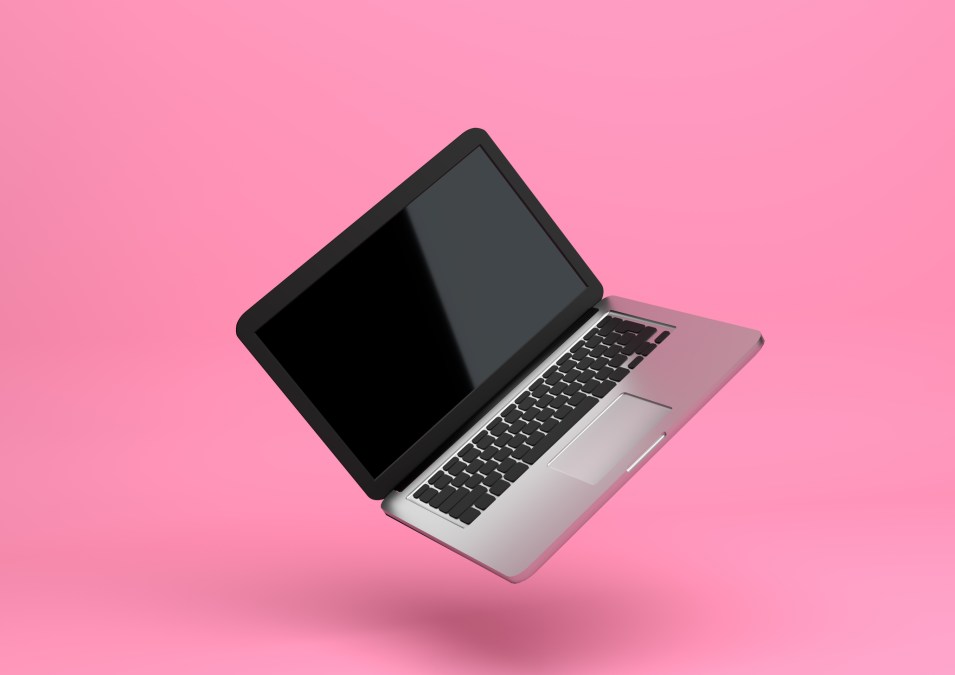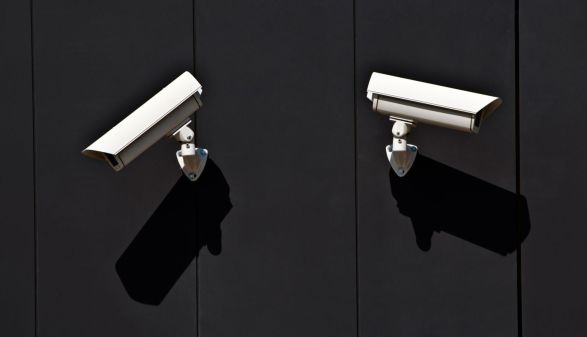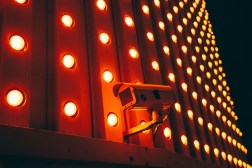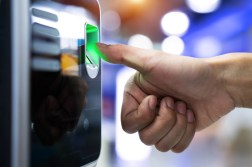Coronavirus has cities turning to trusted tech, not surveillance pilots

As the coronavirus spreads in America’s large cities, privacy and civil liberties advocates are raising concerns about the potential rise of surveillance technologies. But city officials told StateScoop they’re mostly repurposing trusted, existing technologies for pandemic response, not experimenting with new ones.
As many local governments are overwhelmed by the coronavirus crisis, they focus on procuring more of the same technologies that had already been in use, like laptops and Wi-Fi hotspots, rather than implementing broad surveillance systems seen abroad. Emily Yates, Philadelphia’s smart city director, told StateScoop that the time for the United States to experiment will have to come later.
“There’s been a dramatic uptick in outreach from vendors who are, rightfully so, trying to help cities solve these challenges,” Yates told StateScoop. “[But] there’s a huge disconnect between what the challenges are that cities are working on and the capacity to navigate implementation and procurement of these technologies.”
As of Tuesday, the new coronavirus has killed more than 11,800 people in the U.S., which has more cases than any other country. To limit the spread of the virus, countries like China, Israel and South Korea have resorted to monitoring the movement of potentially infected citizens through credit card transactions, cellphone data and GPS data.
And though no such state-sponsored programs have been announced in the United States, privacy officials are wary of the potential for governments and the private sector to encroach on civil liberties in the name of public health.
“In the context where we want to use certain data to help deal with the pandemic, there needs to be certain transparency and accountability measures in place,” said Jeramie Scott, the director of the Electronic Privacy Information Center’s Domestic Surveillance Project.
Scott said that surveillance measures implemented during a crisis, like the Foreign Intelligence Surveillance Act after 9/11, can be extended beyond their original scope to undermine individual privacy in the long term. The U.S. Senate tried to extend FISA last month, but the House of Representatives did not address the legislation. Scott said the public should be vigilant of such potentially invasive policies.
“Government, as well as companies, shouldn’t be using the situation to expand surveillance and information that they’re able to collect for purposes that are beyond what are necessary for the current pandemic we’re experiencing,” Scott said.
In the U.S., which hasn’t implemented widespread testing for COVID-19, tracking the locations of infected individuals might not even help to reduce the spread of the virus, according to the Electronic Frontier Foundation. Jake Laperruque, senior counsel at the Project on Government Oversight, a watchdog group, said the U.S. has privacy protections that could make companies wary of handing over location data to the federal government.
Further complicating things, he said, is that contact-tracing the spread of the virus requires knowledge of whether infected people came within range to infect others, which isn’t always clear via cellphone location data.
“There’s a big efficacy problem with this, for a few reasons,” Laperruque said. “A lot of these tools are not going to get you sufficiently precise or meaningful location data or interactions.”
That doesn’t mean vendors aren’t trying to build products that would solve those problems. A group of data analytics firms and Facebook, along with health researchers from 13 universities, have formed the COVID-19 Mobility Data Network to collect anonymized, aggregated mobile data to inform city and state health departments.
In Boston, which is one of seven cities and states that the network is partnering with, city Chief Information Officer David Elges said the Boston Department of Innovation and Technology is digging into its existing tools to maintain city functions.
“We’re continuing to follow our standard process of maximizing what we already have in operation, and making technology changes where necessary to keep the City fully functional at this time,” Elges said. “Our focus at this time is on maintaining stability and reliability of our technology to ensure continuity of operations for the City, as well as online services and information for our residents,” Elges said.
Philadelphia is also at limited capacity to adopt new technology, said Yates, the smart city director, and is instead focusing on delivering laptops to 15,000 K-12 students who are now studying from home while the schools are closed. Within city government too, Yates said, the digital divide has stressed agencies to deliver laptops to workers who could not take their city-issued desktop computers home with them.
“We want to pull from our existing toolkit,” she said. “Going forward with what we know and elaborating on that probably has more of a valid response to the situation that we’re in, versus trying something we’re completely unsure of.”





